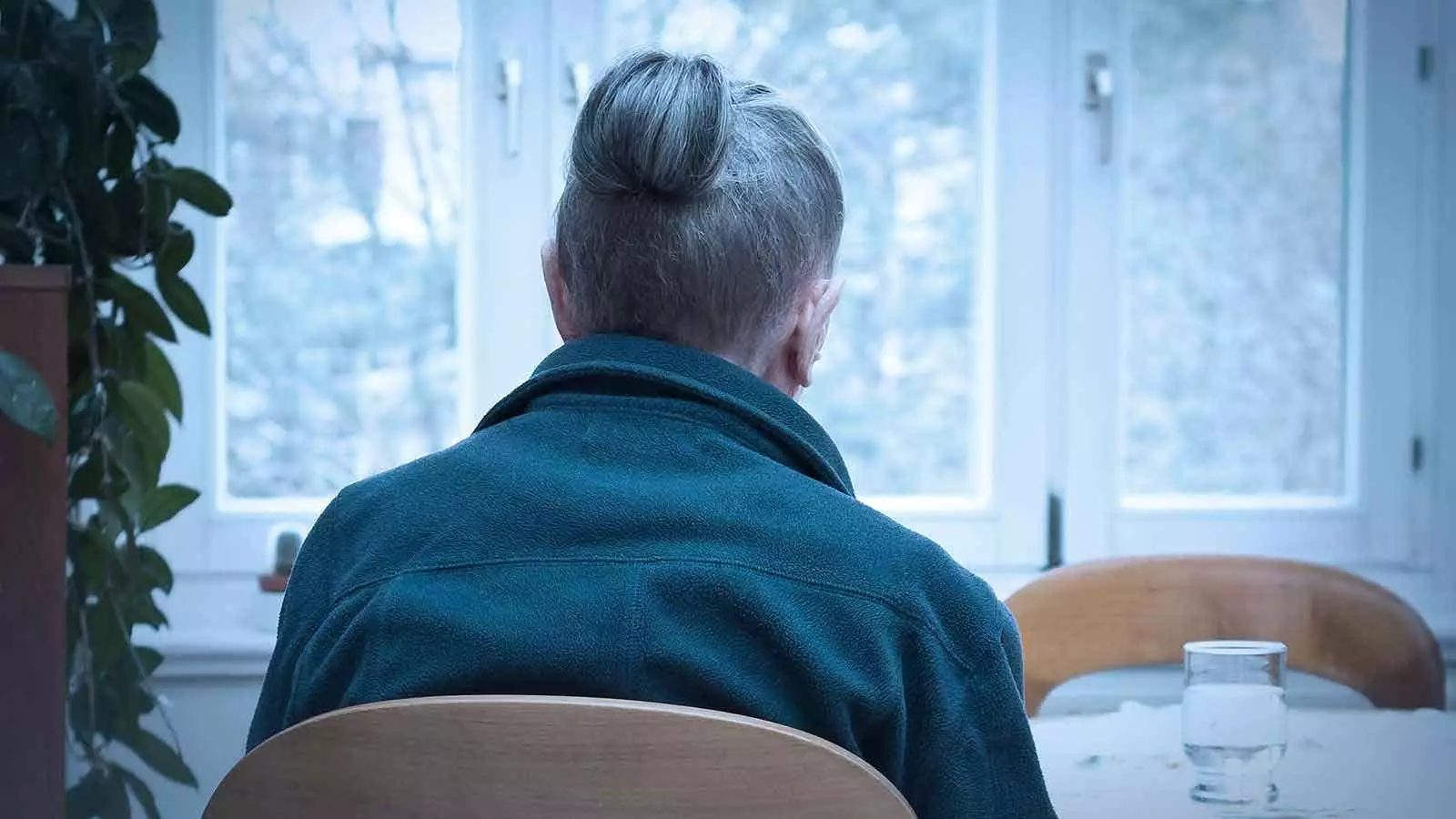Loneliness and social isolation have been identified as significant factors affecting the mortality risk among cancer survivors. A retrospective longitudinal study conducted over a period of 10 years revealed that individuals with higher levels of loneliness, as measured by the UCLA Loneliness Scale, were more likely to face a higher risk of mortality. The study highlighted a dose-response association, wherein individuals with mild, moderate, and severe levels of loneliness had progressively higher adjusted hazard ratios for mortality.
The findings of the study emphasized the crucial role of incorporating loneliness screening as a routine part of cancer survivorship care. Healthcare providers were recommended to include loneliness assessment tools in their standard practice and utilize them at various time points, starting from the initial diagnosis through survivorship care. Early detection of loneliness was deemed essential in preventing further escalation and complications among cancer survivors.
The authors of the study suggested that oncologists, in particular, should integrate loneliness screening into their patient care practices. They should provide education on the emotional challenges accompanying cancer diagnosis and treatment and be prepared to offer referrals to psychologists for specialized assessment and counseling. The study underlined the need for healthcare providers to be well-equipped in addressing the issue of loneliness among cancer survivors.
Data for the study was extracted from the 2008-2018 Health and Retirement Study (HRS), a nationally representative longitudinal panel survey focusing on health, employment, and psychosocial well-being among individuals aged 50 and older. However, the study had some limitations, such as using an abbreviated measure to assess loneliness and relying on self-reported data. Additionally, specific cancer-related information was not systematically collected, which could have provided further insights into the relationship between loneliness and mortality risk among cancer survivors.
The study called for further research to identify optimal screening tools for loneliness and evaluate the effectiveness of loneliness screening and interventions. It emphasized the importance of developing strategies to address loneliness among cancer survivors, including mental health counseling, community support, and incorporating loneliness interventions into cancer treatment and survivorship care. Future studies should focus on enhancing public awareness and understanding of the impact of loneliness on cancer survivor outcomes.
The study’s findings shed light on the detrimental effects of loneliness on mortality risk among cancer survivors. By recognizing the significance of loneliness screening and intervention, healthcare providers can better support the emotional well-being of cancer survivors and improve their overall quality of life. Further research and implementation of targeted strategies are needed to address the complex interplay between loneliness, social isolation, and survivorship outcomes in cancer care.


Leave a Reply